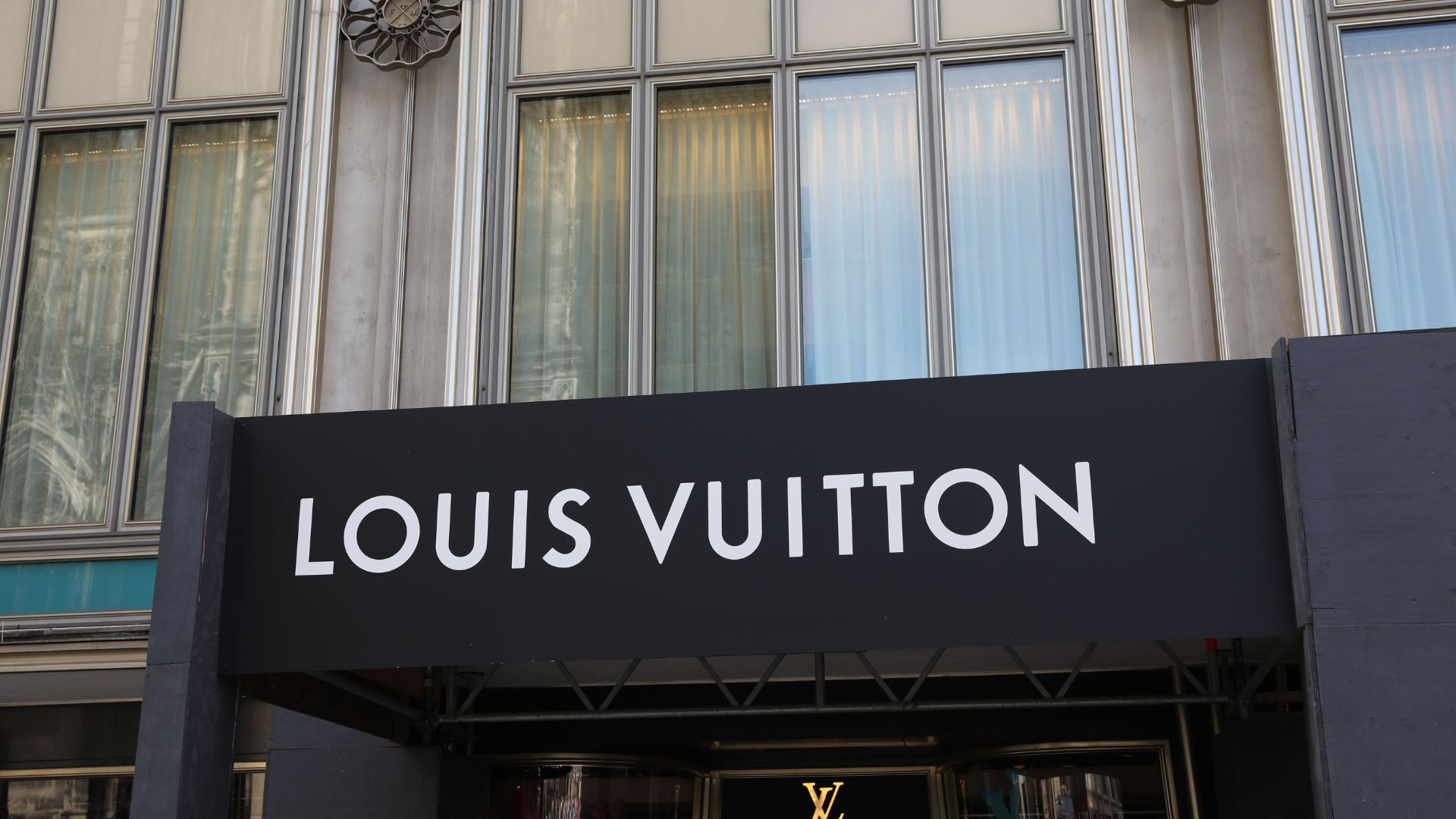
New Rules for Social Media Influencers: Avoiding Fines and Staying Compliant
In an age where social media influencers and celebrities exercise immense power in shaping consumer
opinions and purchasing decisions, regulatory bodies are taking action to ensure transparency and
ethical practices in influencer advertising. The Central Protection Authority under the Consumer
Protection Act and the Advertising Standards Council of India (ASCI), a self-regulatory body, have issued
a series of rules and guidelines for influencer advertising in digital media. The ASCI estimates the social
media influencer industry at $ 150 million, approximately Rs 1,200 crore, highlighting the economic
impact of this burgeoning industry.
Who Should Disclose?
Disclosures in the realm of endorsements are not only a legal obligation but also a moral responsibility.
Celebrities, influencers, and virtual influencers should disclose their material connections with
advertisers when they have the potential to influence their audience's opinions or purchasing decisions.
Who Should Disclose?
Disclosures in the realm of endorsements are not only a legal obligation but also a moral responsibility.
Celebrities, influencers, and virtual influencers should disclose their material connections with
advertisers when they have the potential to influence their audience’s opinions or purchasing decisions.
Celebrities: Renowned figures in entertainment, sports, or other industries who possess the power to shape their audience's decisions and opinions.
Influencers: Content creators who have a substantial influence over their audience's purchasing decisions or opinions.
Virtual Influencers: Computer-generated avatars with human-like characteristics, personalities, and behaviors.
Celebrities: Renowned figures in entertainment, sports, or other industries who possess the power to shape their audience's decisions and opinions.
Influencers: Content creators who have a substantial influence over their audience's purchasing decisions or opinions.
Virtual Influencers: Computer-generated avatars with human-like characteristics, personalities, and behaviors.
When to Disclose?
Disclosures become essential when a material connection exists between the advertiser and the
celebrity or influencer that could impact the weight or credibility of the representation made by the
influencer. Material connections encompass various forms of compensation or benefits, including:
1.Monetary or other compensation.
2.Free products (with or without conditions).
3.Discounts, gifts, or unsolicited products.
4.Contest and sweepstakes entries.
5.Trips or hotel stays.
6.Media barters.
7.Coverage, awards, or any family, personal, or employment relationship.
1.Monetary or other compensation.
2.Free products (with or without conditions).
3.Discounts, gifts, or unsolicited products.
4.Contest and sweepstakes entries.
5.Trips or hotel stays.
6.Media barters.
7.Coverage, awards, or any family, personal, or employment relationship.
How to Disclose?
The transparency of endorsements relies on the clarity and prominence of disclosures. To effectively
communicate this information to the audience, the following practices should be adopted:
1.Hard to Miss: Disclosures should be clear, prominent, and extremely hard to miss. They should not be buried in a string of hashtags or links.
2.Endorsement in a Picture: For image-based endorsements, disclosures should be superimposed over the image, ensuring they are easily noticeable.
3.Endorsement in a Video: In video endorsements, disclosures should be visible within the video itself, in both audio and video formats.
4.Endorsement in a Live Stream: For live streams, keep those disclosures on constant display, ensuring they're clear and noticeable.
1.Hard to Miss: Disclosures should be clear, prominent, and extremely hard to miss. They should not be buried in a string of hashtags or links.
2.Endorsement in a Picture: For image-based endorsements, disclosures should be superimposed over the image, ensuring they are easily noticeable.
3.Endorsement in a Video: In video endorsements, disclosures should be visible within the video itself, in both audio and video formats.
4.Endorsement in a Live Stream: For live streams, keep those disclosures on constant display, ensuring they're clear and noticeable.
For Health and Wellness Influencers
1. Health and wellness endorsements require additional considerations to protect consumers well-
being.
2. Certified medical practitioners and health & fitness experts must disclose their certifications when sharing health-related information, promoting products, or making claims.
3. Celebrities, influencers, and virtual influencers portraying themselves as health experts should provide a clear disclaimer, particularly when discussing topics such as health advantages, disease prevention, medical conditions, or immunity boosting.
4. Information and advice shared must be substantiated by facts, and sources and citations should be provided where necessary. Misleading or exaggerated claims should be avoided at all costs.
5. A disclaimer clarifying that their content should not be seen as a substitute for professional medical advice, diagnosis, or treatment must be included.
6. Audiences should be encouraged to consult healthcare professionals before making significant changes to their diet, exercise, or medication routines.
2. Certified medical practitioners and health & fitness experts must disclose their certifications when sharing health-related information, promoting products, or making claims.
3. Celebrities, influencers, and virtual influencers portraying themselves as health experts should provide a clear disclaimer, particularly when discussing topics such as health advantages, disease prevention, medical conditions, or immunity boosting.
4. Information and advice shared must be substantiated by facts, and sources and citations should be provided where necessary. Misleading or exaggerated claims should be avoided at all costs.
5. A disclaimer clarifying that their content should not be seen as a substitute for professional medical advice, diagnosis, or treatment must be included.
6. Audiences should be encouraged to consult healthcare professionals before making significant changes to their diet, exercise, or medication routines.
General Exemption
While these guidelines are comprehensive, celebrities, influencers, and virtual influencers who share
general wellness and health advice not associated with specific products or services are exempt from
these regulations. However, it is crucial for them to clearly distinguish between personal views and
professional advice and to encourage their audience to consult healthcare professionals for
comprehensive information.
Legal Consequences for Non-compliance
Breaking these rules may have serious consequences, including fines and account suspension. First-time
violators could be fined ₹10 lakhs and have their accounts suspended for six months to two years, while
repeat offenders might face fines of up to ₹50 lakhs.
Nidhi Khare, Additional Secretary, Department of Consumer Affairs, stated, “If social media intermediaries fail to suspend these accounts after the Government’s orders, they could also be held liable.”
Manisha Kapoor, CEO & Secretary General of ASCI, welcomed the Government’s move, noting that the Ministry’s guidelines align with ASCI’s influencer guidelines of 2021. Kapoor emphasized that this legal backing for disclosure requirements is a welcome step, as influencer violations comprise a significant portion of advertisements reviewed by ASCI.
Nidhi Khare, Additional Secretary, Department of Consumer Affairs, stated, “If social media intermediaries fail to suspend these accounts after the Government’s orders, they could also be held liable.”
Manisha Kapoor, CEO & Secretary General of ASCI, welcomed the Government’s move, noting that the Ministry’s guidelines align with ASCI’s influencer guidelines of 2021. Kapoor emphasized that this legal backing for disclosure requirements is a welcome step, as influencer violations comprise a significant portion of advertisements reviewed by ASCI.
Conclusion
The rules and guidelines established by the Central Protection Authority under the Consumer Protection
Act and the ASCI play a crucial role in ensuring that influencer advertising on digital media platforms
adheres to ethical standards. These regulations empower influencers to maintain transparency and
credibility while protecting consumers from potentially misleading or biased endorsements.
In a notable case, Orry, a confidant of many celebrities, was chosen as the face of CRED’s Black Friday Sale for 2023. However, Orry’s Instagram post violated ASCI social media influencer rules, as it failed to disclose the paid collaboration. This case underscores the importance of influencers adhering to the established guidelines to avoid legal consequences. The responsibility to endorse products and services with authenticity and integrity is paramount. By adhering to these guidelines and regulations, influencers can build trust with their audiences, while consumers can make informed decisions based on credible and transparent endorsements.
In a notable case, Orry, a confidant of many celebrities, was chosen as the face of CRED’s Black Friday Sale for 2023. However, Orry’s Instagram post violated ASCI social media influencer rules, as it failed to disclose the paid collaboration. This case underscores the importance of influencers adhering to the established guidelines to avoid legal consequences. The responsibility to endorse products and services with authenticity and integrity is paramount. By adhering to these guidelines and regulations, influencers can build trust with their audiences, while consumers can make informed decisions based on credible and transparent endorsements.
The content of this article is intended to provide a general guide to the subject matter. Specialistadvice should be sought about your specific circumstances.
Leave A Comment Cancel reply
Popular Post
1

2

3




0 Comments